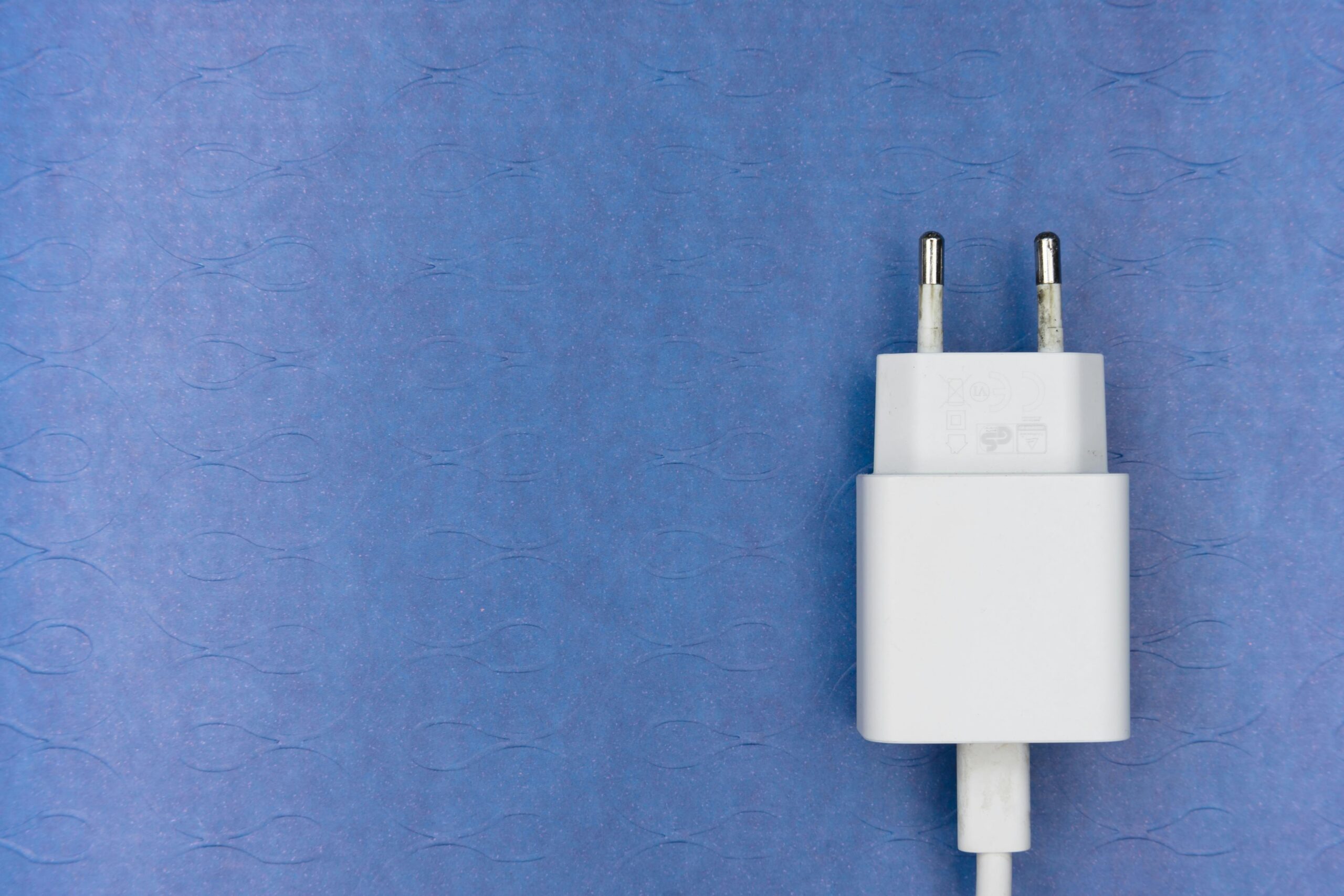It’s Sunday afternoon, and your laptop is open. You tell yourself, “Just one more email,” but three hours later, you’re still responding to clients.
I do this every week. No matter whether it’s the evening, weekend, or holiday, I’m likely thinking about work even if my work hours are technically over.
Many freelancers can’t unplug from freelance work. It’s tempting to always be “on,” but constant connection comes with real costs. And I’ve experienced these myself, sadly.
There’s an irony in me writing this blog, as I’m my worst enemy when it comes to relaxing.
But I have spent hours researching this topic, and know what does and doesn’t work when it comes to disconnecting from work.
Scroll down and learn from my mistakes now.
Why Freelancers Struggle to Unplug
Freelancers aren’t the only ones who can’t disconnect from work. But I’m a freelancer and this is the Freelance Balance, so today, we’re focusing on self-employed people!
Freelancing offers freedom, but that freedom comes with blurred lines. It’s easy to over-identify with projects, and unpredictable income adds anxiety, making “just one more task” feel urgent.
And let’s not forget the culture of instant replies — client expectations and algorithm-driven communication keep us tethered. That’s why digital minimalism is so key.
Over time, this constant availability can become a habit, making unplugging feel impossible.
Heck, I once even replied to emails at midnight. Not a healthy habit at all!

The Cost of Never Disconnecting
Naturally, when you can’t step away, mental fatigue accumulates.
Creativity dulls, motivation drops, and small mistakes become more frequent. Emotional exhaustion creeps in under the guise of commitment, leaving freelancers feeling guilty for needing rest.
For me, my sleep was the first thing to suffer. I experienced freelance insomnia. All I’ll say is that period of my life sucked. It took a long, honest look in the mirror to figure things out. I was associating my work with my work, which led to obsession and stress.
Ironically, staying “always on” often slows progress rather than speeding it up. Sustainable productivity requires rest and intentional breaks.
How to Actually Unplug from Freelance Work
OK. So, you can’t stop checking your emails before bed. What should you do?
- Design a real off switch. Schedule consistent working hours and stick to them. Physically separate your workspace from your living space when possible.
- Communicate boundaries. Let clients know your availability. A simple template or email signature can save hours of mental energy.
- Rest intentionally. Treat downtime as essential, not optional. Engage in hobbies, exercise, or offline social time. Your brain needs creative rest to perform at its best and even learn new skills (as per a 2021 study).
- Try small steps. Even short stretches of digital detox can reduce stress and help you feel more present with both work and life.
I turned my email and Upwork notifications off. GASP!
I figured, I’m by my laptop from 9 am to 5 pm, and these are the hours I can actually sort out problems. Seeing emails outside of this time frame does nothing for my business, but negatively impacts my mental health.
I’d be lying if I said this was easy. I found my hands tapping the mail app at 8 pm more often than I’d like to admit.
I also now won’t reply to emails on the weekend (if I do end up looking).
Likewise, when I do take time off, I tell clients weeks beforehand and never work while on holiday. This should be basic, but I used to be so scared of losing clients, that I’d work on vacation.
Really, if a client ever fired me for taking a week off, it’s probably a good thing. That’s insane.

Why Is Freelancing So Hard?
If you’re Googling ‘How to disconnect after work?’ — you’re likely also thinking that freelance life is hard.
Let’s be real: it is hard. The pressure to be constantly available and self-sufficient can feel relentless.
However, it doesn’t have to be impossible. Giving yourself breathing room after your workday is critical, otherwise you’ll burn out and end up having to give it all up.
Are Freelancers Happier?
Yeah, the image of a happy-go-lucky freelancer sitting at a cafe is rarely true.
The real image is more like someone hunched over their laptop, refreshing LinkedIn while scrabbling towards deadlines.
But again, as much as freelancing is hard, it shouldn’t be negatively impacting your life. If it is, it’s time to make some changes… such as taking time off!
How To Take Time Off as a Freelancer
Can’t stop thinking about work? Head running in circles, even after you close your laptop?
The doctor (me) prescribes a holiday. I’ve written a whole post about taking time off as a freelancer.
The main gist is to treat time off as a business strategy, not a luxury. This means building vacations into your schedule before you desperately need one.
Even short, intentional breaks refresh creativity and prevent burnout. Take that Friday off now!
Last Thoughts
Finding balance as a freelancer means accepting that unplugging isn’t a sign of weakness. Tell your thoughts to F*** off! I say that from someone who’s inner critic never shuts up.
Downtime it’s essential for your health and long-term success. Don’t be like me and work yourself into an insomnia hole. Set boundaries and put rest first sooner rather than later.
Learn from my mistakes! Read more on the Freelance Balance now.
